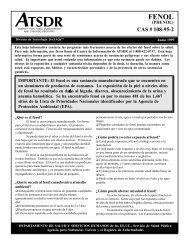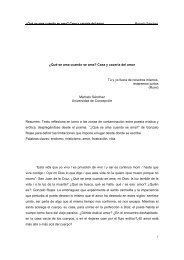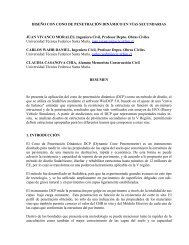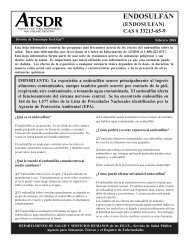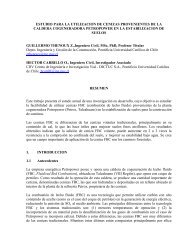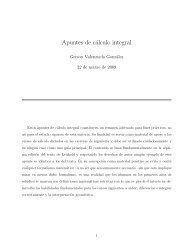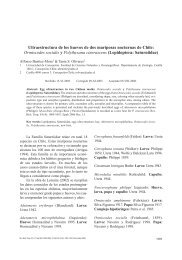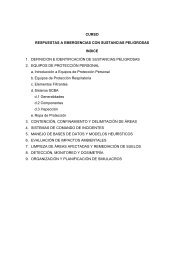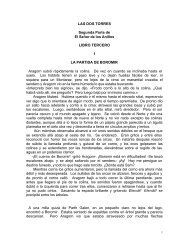Beer : Health and Nutrition
Beer : Health and Nutrition
Beer : Health and Nutrition
You also want an ePaper? Increase the reach of your titles
YUMPU automatically turns print PDFs into web optimized ePapers that Google loves.
Conclusion 157<br />
consumer as those that are actually false. A claim that is supported by scienti c<br />
evidence might still mislead the consumer without appropriate quali cation <strong>and</strong><br />
detail. Any such claim is considered misleading unless it is properly quali ed <strong>and</strong><br />
balanced, suf ciently detailed <strong>and</strong> speci c <strong>and</strong> outlines the categories of individuals<br />
for whom any positive effects on health would be outweighed by numerous<br />
negative effects on health.<br />
However, might it not equally be said that it is wrong to imply that the consumption of an<br />
alcoholic beverage will perforce be injurious to health? Most people do not take alcohol<br />
to excess. The present warning that is m<strong>and</strong>atory on beer packages in the US is vague<br />
in respect of the latter part of its second statement (‘…may cause health problems’) <strong>and</strong><br />
is certainly not suf ciently detailed along the lines described in the above extract from<br />
the TTB document. Would it be no less vague to say ‘…may afford health bene ts’?<br />
The TTB document presents testimony from medical experts who span the divide.<br />
Dr Michael Gough says that:<br />
…with the exception of those well-de ned groups of people who should avoid<br />
alcohol, there is clearly convincing evidence for the health bene ts of moderate<br />
alcohol consumption … based on underst<strong>and</strong>ing of the biological basis for the<br />
protective effects of alcohol, it is likely that moderate alcohol consumption in the<br />
20s <strong>and</strong> 30s is important to the bene cial effects seen in later years.<br />
On the other h<strong>and</strong>, the National Council on Alcoholism <strong>and</strong> Drug Dependence commented<br />
that:<br />
… while most people who choose to drink do so without negative health or life<br />
consequences, there are 13.8 million Americans over the age of 18 who have<br />
problems with drinking, including 8.1 million who are alcoholic.<br />
There is no comparative information concerning other forms of addiction.<br />
Dr Michael Criqui is cited as saying that ‘half of all the alcohol consumed in the<br />
United States is consumed by the 10% of men <strong>and</strong> the 5% of women who are alcoholdependent’.<br />
But then Dr Curt Ellison says:<br />
Science clearly indicates that moderate drinkers have much lower risk of coronary<br />
heart disease <strong>and</strong> ischaemic stroke. Because these are the number one <strong>and</strong><br />
number three causes of death, it is not surprising that moderate drinkers will live<br />
longer in the United States. If I am withholding from a patient information that<br />
may reduce that individual’s risk of a heart attack by 30 or 40 per cent <strong>and</strong> do not<br />
tell him about it, I am doing him a disservice.



